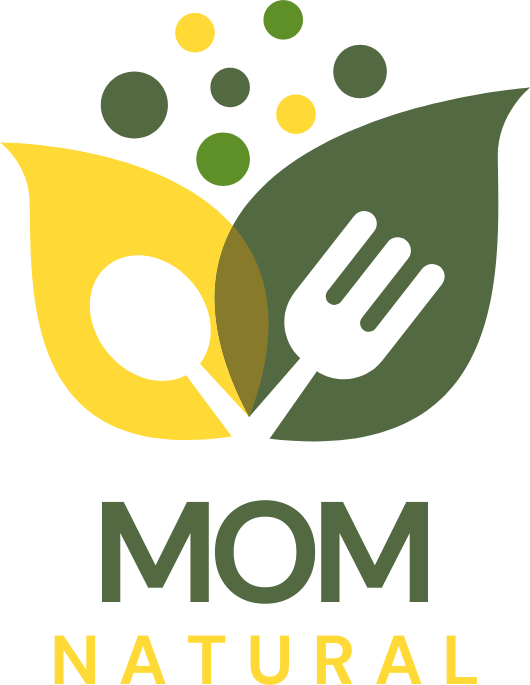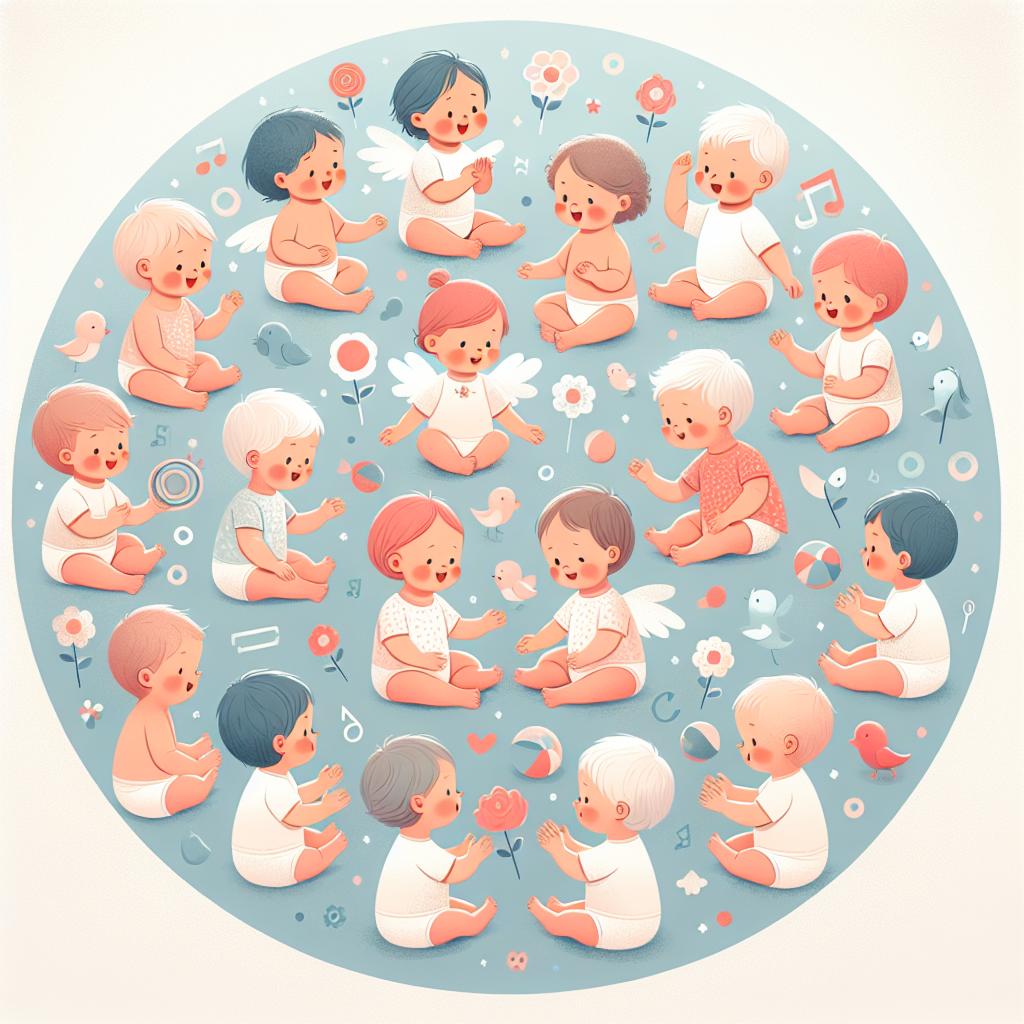Encouraging Social Skills Through Group Activities: Ideas and Impact
The Importance of Social Skills Development in Babies
From the very moment they’re born, babies are soaking up every bit of information they’re exposed to – from the sound of our voices, the touch of our skin, to the way we interact with them and with others. All these experiences contribute to their social skills development, shaping the kind of person they will grow to be.
The development of social skills in babies is pivotal for a variety of reasons:
- It lays the groundwork for their ability to make and maintain friendships.
- It teaches them about empathy and understanding.
- It fosters their ability to share and cooperate with others.
- It enhances their communication skills.
- It influences their self-esteem and confidence.
While these skills are learned primarily at home, Naomi Aldort, an acclaimed parenting expert, explains that group activities for babies can significantly amplify this learning process. By being exposed to different individuals and situations, babies gain invaluable experiences that reinforce their understanding of social norms and expectations.
Benefits of Group Activities for Babies
Participating in group activities is not only fun and exciting for your little ones, but it’s also incredibly beneficial to their social skills development. Interactive play with peers allows your baby to learn how to express themselves, understand others’ feelings, and adapt to different social situations.
Following are some key advantages of group activities:
- Peer Learning: Babies learn by observing others. This means that group activities provide a multitude of learning opportunities as your baby watches and imitates their peers.
- Sharing and Cooperation: When they play in a group, babies quickly realise that they need to share toys and take turns. This encourages the development of positive behavior like patience and cooperation.
- Enhanced Communication Skills: Being in a group setting forces your baby to use non-verbal cues and, as they grow older, verbal communication to express their needs and wants.
Group Activity Ideas to Boost Social Skills Development
So, how can you provide your baby with opportunities for social interaction? Here are some fun and educational group activities for babies that you can try:
- Singing and Dancing: Music is a universal language that all babies appreciate. Organize a sing-along or dance session where they can enjoy the rhythm and melody while interacting with others.
- Story Time: Start a book club for babies! Not only is this a great way to promote an early love for reading, but it also creates a calm and focused group setting.
- Outdoor Picnic: Outdoor activities are highly stimulating for babies. An organized picnic with parents and babies will give them the chance to experience new sights, sounds, and textures, enhancing their sensory skills while interacting.
- Group Art Projects: Encourage creativity and self-expression with group art projects. This could be as simple as finger painting or clay modeling.
For more ideas, check out this list of activity ideas for 12-18-month-olds. And remember, the most important thing is that your baby is having fun and staying engaged.
As you introduce these activities, be mindful of your baby’s nutrition as well. A well-balanced diet is key to their development and can even contribute to their overall mood during social interactions. In case you’re wondering how to do this, our previous guide on introducing dairy safely to your baby’s diet is an excellent resource.
Embrace the Journey of Social Skills Development
Encouraging social skills development in your baby is not a destination but a journey, a series of small victories and learning moments. So, be patient, and celebrate every milestone – big or small.
Helping Your Baby Engage in Group Activities
Helping your baby engage in such activities might seem daunting initially, but with a bit of patience and a lot of love, it will become a whole lot easier. Always keep in mind that babies have different paces. Some might thrive in social situations, while others require more time to get comfortable.
Take note that forcing your baby to immediately adapt may cause discomfort. Instead, ease them into the social setting gradually. Initially, you may try to participate in the activities with them, later encouraging them to play and interact with others once they seem ready.
Utilizing Toys in Group Activities
Toys play an integral role in your baby’s development. They serve as tools for learning and navigating themselves in the world, and they can be especially useful in group activities, too.
Toys can teach your baby how to share and take turns – quite crucial social skills. Choose toys that encourage cooperative play and can be easily shared among the group, avoiding toy sets that have only one piece. Building blocks, stuffed animals, and balls are among those that can be used in group activities.
Group Activities for a Mix of Age Groups
Sometimes, the group may consist of babies of different age groups. During these instances, it is vital to find activities where each one can engage and learn from each other.
Think of group art projects or storytime, where each baby can contribute according to their abilities. For instance, older toddlers can help the younger ones in turning the pages of a book during storytime, teaching them about empathy, patience, and cooperation.
Nurturing Emotional Intelligence Through Social Interaction
Group activities can also cater to emotional intelligence. Games that involve identifying and naming emotions can be an excellent way to foster emotional understanding among babies.
For example, games like “How is Teddy Feeling?” or “Making Faces” can work wonders in recognizing and expressing emotions. These baby games that Janet Lansbury suggests for developing social skills are also effective and engaging.
Joining Parent Support Groups
If you’re unsure where to start or how to meet other parents, consider joining parent support groups. These communities can provide not only support but also opportunities for arranging group activities. Plus, connecting with others who are on a similar journey as yourself can also be a source of advice, support, and reassurance.
Opting for Structured Activities
Structured activities, such as the ones offered by playgroups or daycare centers, also provide a fantastic platform for your baby to develop social skills. While these may seem more formal, they are curated to meet your baby’s developmental needs and facilitate social interaction in a managed and comfortable environment.
These spaces often offer playful social games as well as art and craft projects, storytelling sessions, and other activities for kids that can greatly enhance their social development.
In closing, nurturing your baby’s social skills through group activities requires creativity, patience, and most of all, love. Don’t rush the process. Instead, cherish each moment, every giggle, every accomplishment because before you know it, they’re not babies anymore.

